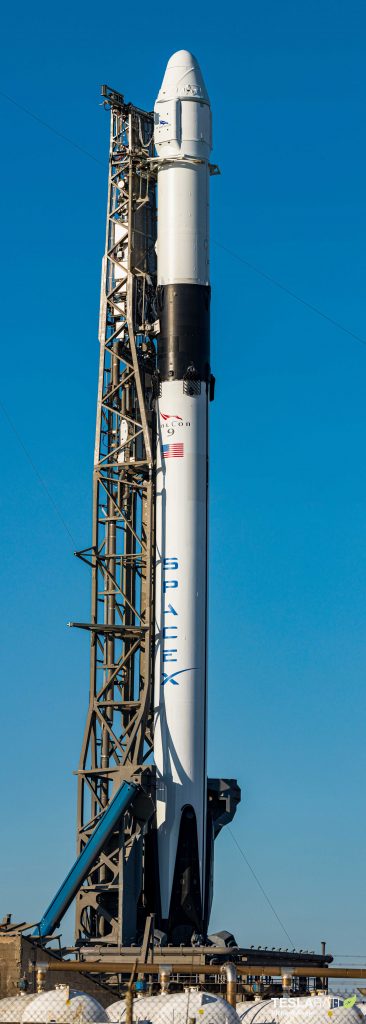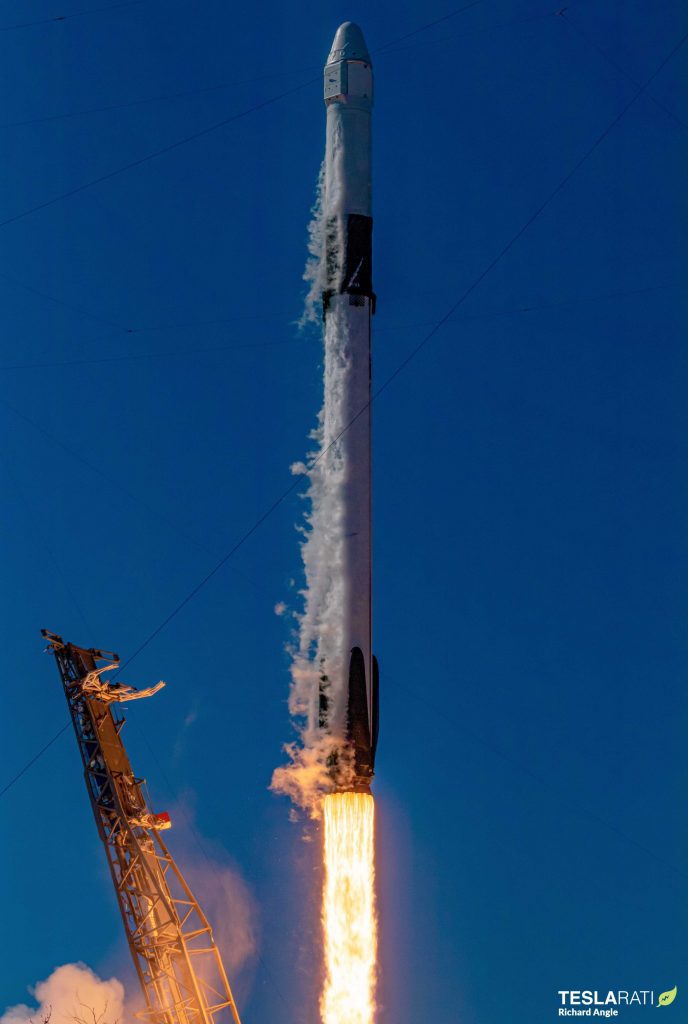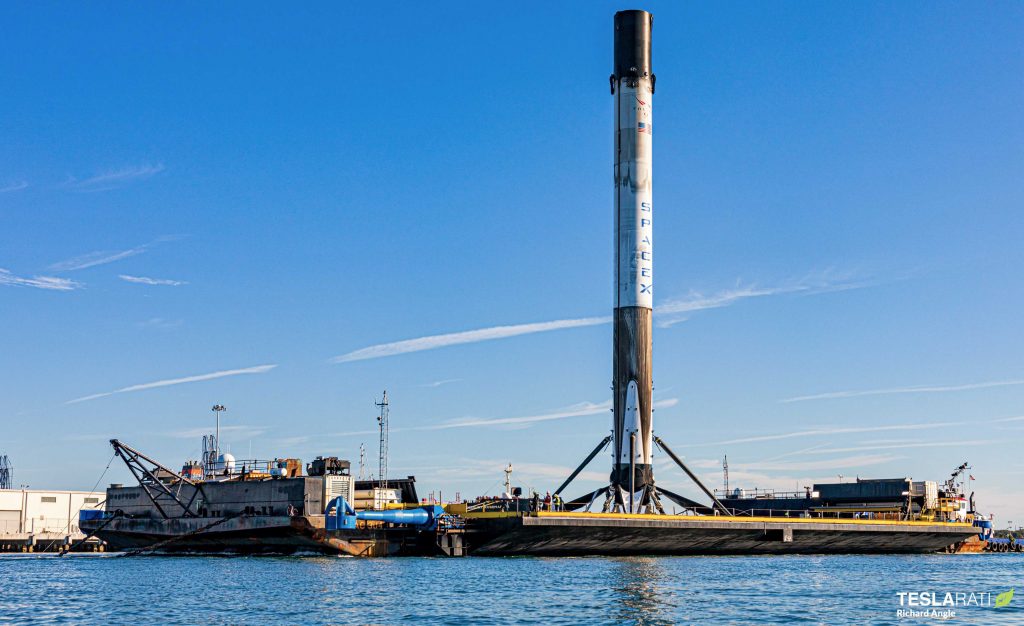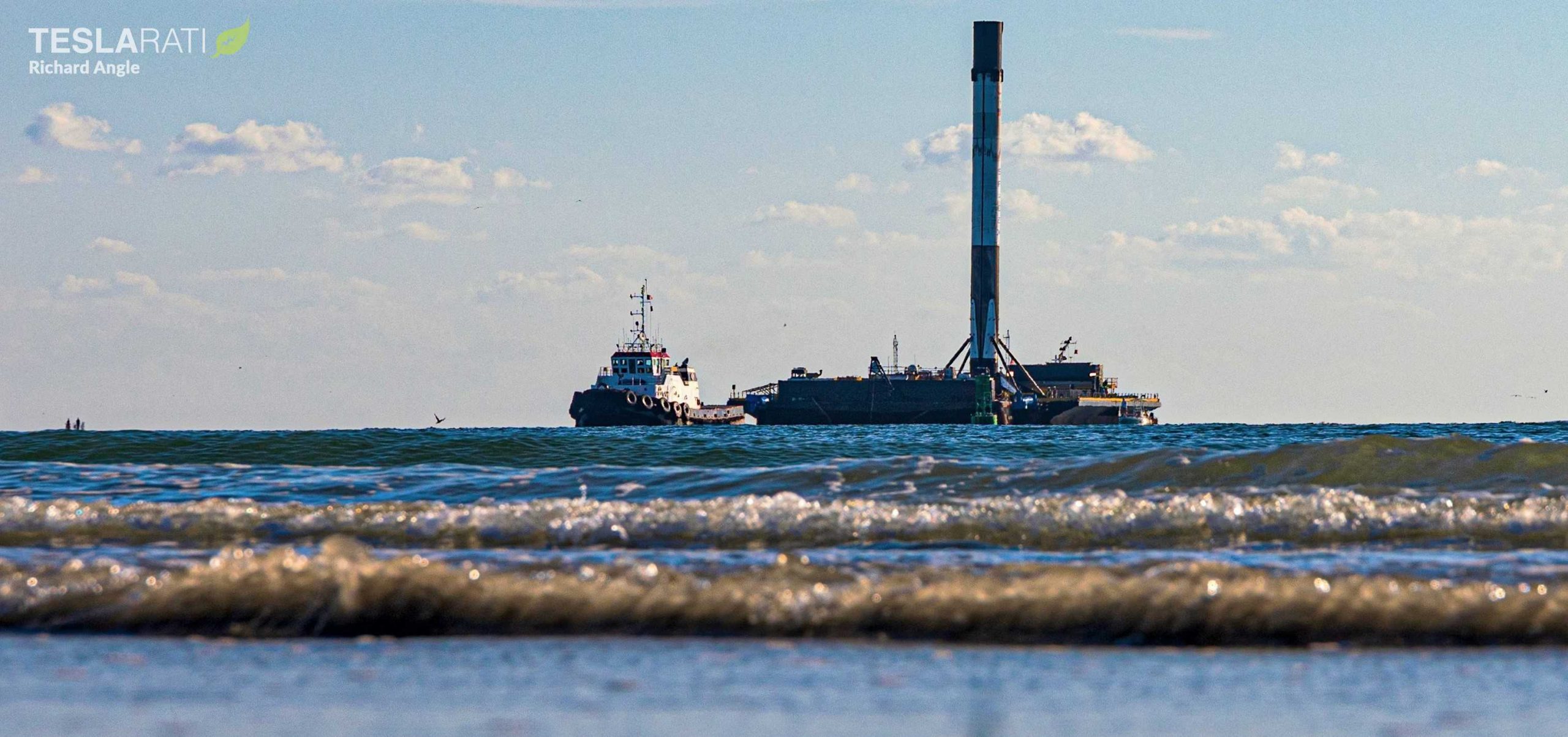
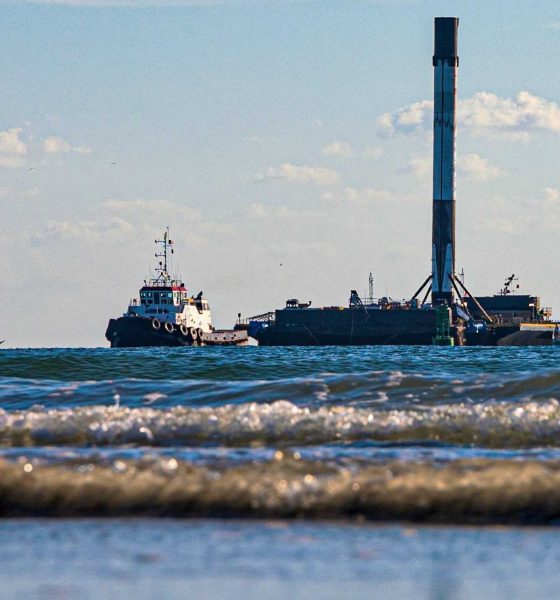
News
SpaceX's latest reusable rocket booster returns to port to prepare for next launch
The first new Falcon 9 booster SpaceX has debuted in almost half a year safely returned to port after a successful first launch and landing, setting the reusable rocket up to fly again in the near future.
On December 5th, after a brief 24-hour weather-related delay, new Falcon 9 booster B1059 lifted off on its first mission, successfully sending flight-proven Cargo Dragon capsule C106 to orbit for the third time before the rocket slowed itself down and landed on drone ship Of Course I Still Love You (OCISLY).
Over the next three or so days, the SpaceX spacecraft gradually boosted and tweaked its orbit to rendezvous with the International Space Station (ISS) and ultimately began its ISS approach and berthing maneuvers on December 8th. A few hours after that, ISS astronauts successfully ‘caught’ Dragon with the station’s massive robotic arm and gently berthed the spacecraft at an open port.
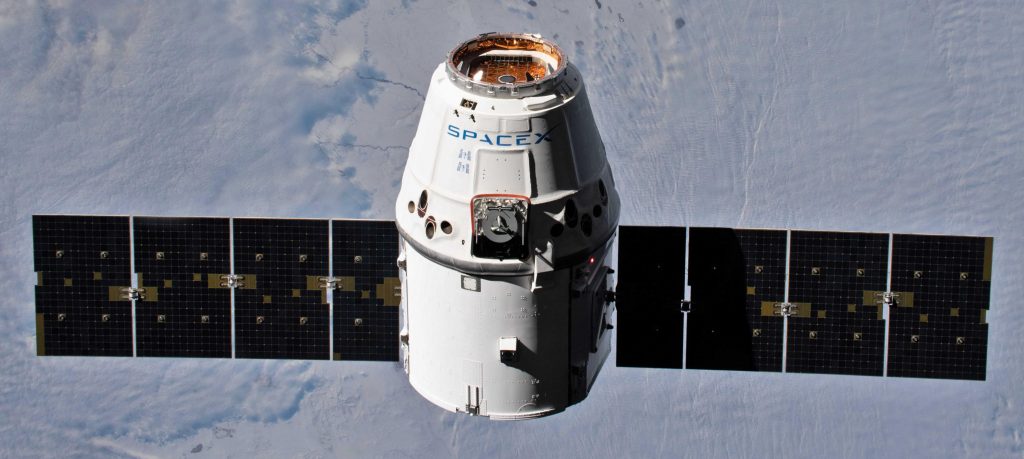
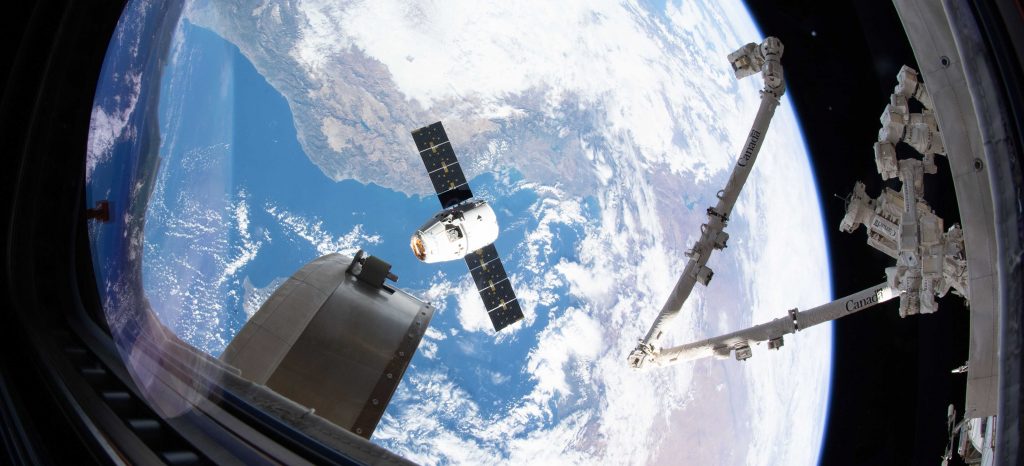
Less than a day before Dragon arrived at the ISS, effectively completing the majority of its CRS-19 resupply mission, the Falcon 9 booster that launched the spacecraft wrapped up a successful launch debut by returning to a different kind of port. Falcon 9 B1059 returned to Port Canaveral aboard drone ship OCISLY on the morning of December 7th and was quickly released from SpaceX’s robotic Octagrabber robot and lifted onto dry land.
SpaceX’s 13th successful Falcon booster recovery of 2019, B1059’s return to port also marked the first flight of a new Falcon booster since June 25th – almost half a year prior. By the numbers, B1059 was subjected to a relatively gentle atmospheric reentry prior to landing aboard OCISLY, meaning that it should be easier for SpaceX technicians and engineers to recertify the rocket and turn it around for its next launch.
Depending on where SpaceX and NASA stand, the booster’s second launch could happen anywhere from 2-4 months from now. Given that NASA currently allows SpaceX to fly reused boosters on NASA missions only if those boosters have exclusively flown NASA missions in the past, B1059 could end up supporting CRS-20, SpaceX’s next and last Cargo Dragon (Dragon 1) mission. CRS-20 is scheduled to launch no earlier than (NET) March 2020 and will be followed by the launch debut of Crew Dragon’s Cargo variant as soon as August 2020, another possibility for B1059’s second flight.
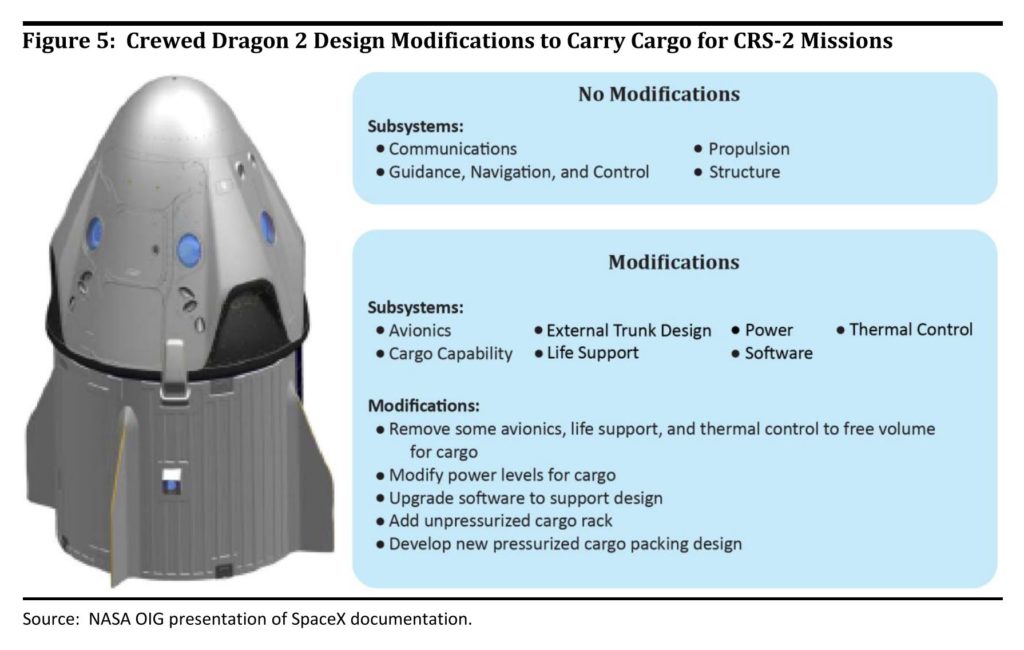
However, if SpaceX follows in the footsteps of CRS-19 and instead prioritizes rapid customer launches over saving a given gently-used booster for another NASA mission, B1059 could be a prime candidate for an extremely rapid turnaround, perhaps supporting an internal SpaceX Starlink launch or any number of other customer satellite launches in early 2020. On the other hand, it’s possible that B1059 suffered an unusually damaging reentry for unknown reasons, although it’s hard to judge from photos and a layperson perspective alone.
From a few angles, it almost appears as if B1059’s white paint was completely burned or scoured off in places, leaving a distinct transition between the edge of remaining paint and the booster’s distinctly metallic-looking skin underneath it. Falcon 9’s main structure is almost entirely built out of a high-performance aluminum-lithium alloy and sealed (and partially shielded) with a multilayer temperature and corrosion-resistant coating. If B1059’s tank coating was indeed partially burned off during reentry, SpaceX will almost certainly have to perform uniquely detailed inspections to verify the structural integrity of its propellant tanks, perhaps preventing a rapid (record-breaking) turnaround.
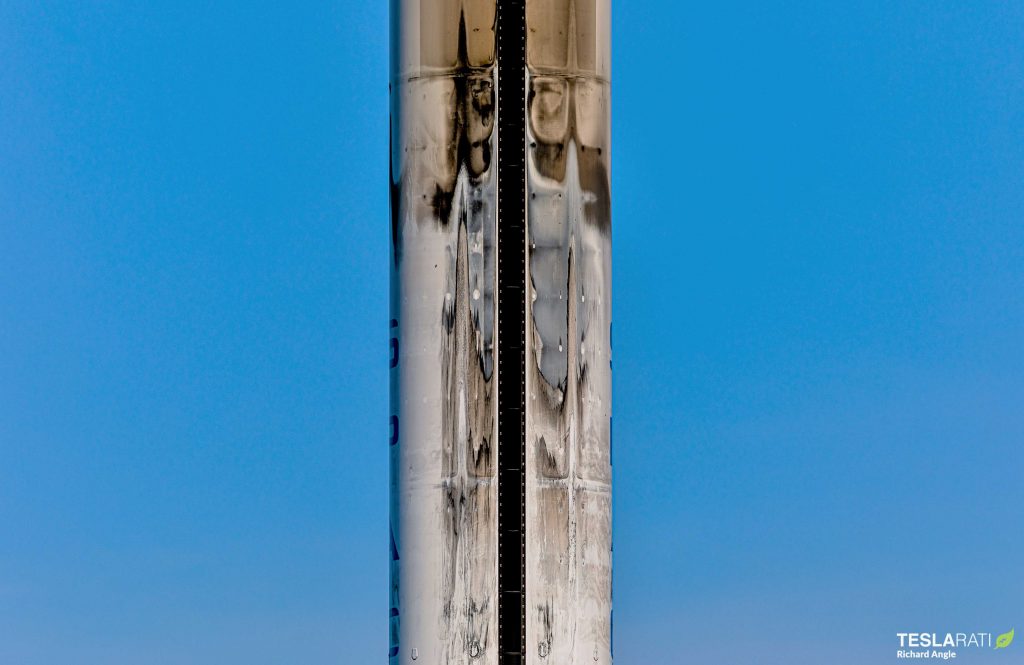
Either way, Falcon 9 B1059 was quickly lifted off of OCISLY and technicians even managed to retract all four of the new booster’s deployable landing legs, a great sign that SpaceX is confident that the booster is in fine shape. With the addition of B1059, SpaceX’s fleet of flight-proven, flightworthy Falcon 9 boosters is now eight strong – nine if Crew Dragon’s unflown Demo-2 booster is included. That fleet will continue to grow as SpaceX gradually introduces new boosters for increasingly rare military and NASA missions.
Check out Teslarati’s Marketplace! We offer Tesla accessories, including for the Tesla Cybertruck and Tesla Model 3.

News
Tesla Model Y L six-seater approved for Australia ahead of launch
The variant was listed as YL5NDB on the Australian government’s ROVER approval website.
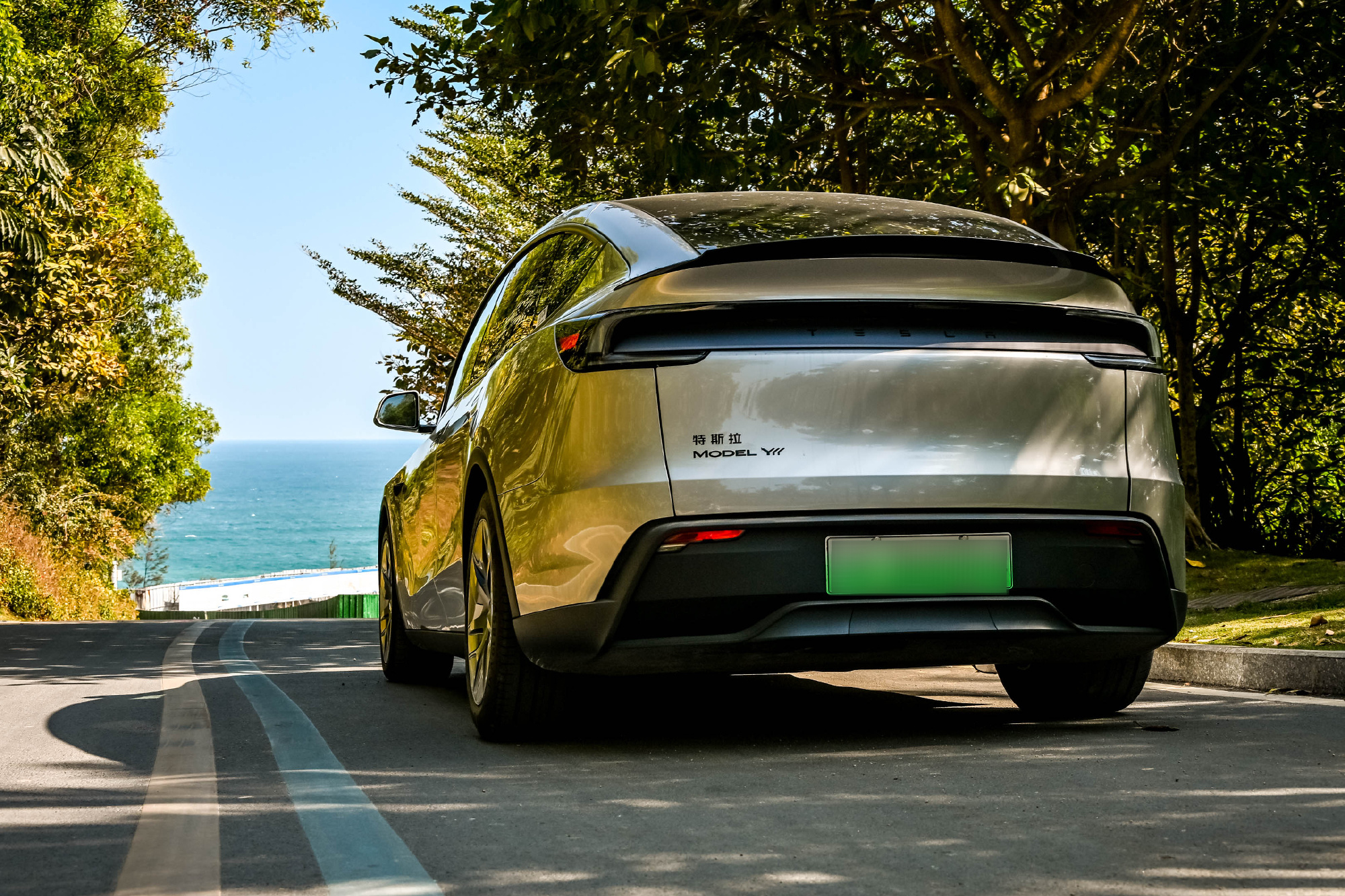
Tesla’s six-seat, extended-wheelbase Model Y L has been approved for sale in Australia, as per newly published government documents.
The variant, listed as YL5NDB on the Australian government’s ROVER approval website, has confirmed that Tesla has received regulatory clearance to offer the extended Model Y to domestic customers.
Documents seen by Drive show that the Model Y L has been approved in Australia in a single dual-motor, all-wheel-drive configuration. While Tesla has not formally announced a launch date, vehicles are typically approved for Australian sale several months before arriving in showrooms.
The Model Y L is a longer version of the regular Model Y, designed to accommodate a six-seat layout with two seats in each row. It measures 177mm longer overall than the regular Model Y, at 4969mm, and features a 150mm longer wheelbase at 3040mm.
Australian approval documents list the Model Y L with the same nickel-manganese-cobalt battery pack used in the regular Model Y Long Range, which is expected to have a gross capacity of about 84kWh and a usable capacity of about 82kWh. Output is officially listed at 378kW in government filings, though real-world peak output may differ.
The Model Y L replaces the regular Model Y’s second-row bench with two captain’s chairs featuring heating, ventilation, and power adjustment. Heated third-row seats are also included.
Additional upgrades reported by Drive include an 18-speaker sound system, new front seats with single-piece backrests, and continuously variable shock absorbers. The only wheel option listed for the Australian model is 19-inch wheels.
In Europe, where the Model Y L has also received approval but has not yet launched, the variant is expected to claim up to 681km of WLTP range.
Elon Musk
Elon Musk highlights one of Tesla FSD Supervised’s most underrated features
In his post on X, Musk wrote, “Tesla self-driving now recognizes hand signals.”

Tesla’s Full Self-Driving (Supervised) is able to recognize and respond to hand signals, as highlighted recently by CEO Elon Musk.
In his post on X, Musk wrote, “Tesla self-driving now recognizes hand signals.”
Musk shared the update in a quote reply to a video posted by Tesla Europe, which showed a vehicle operating with Full Self-Driving (Supervised) navigating a tight lane in the Netherlands while responding to hand gestures from a person directing traffic.
Hand signal recognition is an important capability for advanced driver-assistance and autonomous systems. In real-world driving, pedestrians, construction workers, parking attendants, and other drivers frequently use hand gestures to direct traffic, yield right of way, or indicate when it is safe to proceed. For a self-driving system operating in mixed environments, interpreting these non-verbal cues is critical.
Musk’s post comes as Tesla owners have surpassed 8 billion cumulative miles driven with FSD (Supervised) engaged. “Tesla owners have now driven >8 billion miles on FSD Supervised,” the company wrote in a post on X.
Annual FSD (Supervised) miles have increased sharply over the past five years. Roughly 6 million miles were logged in 2021, followed by 80 million in 2022, 670 million in 2023, 2.25 billion in 2024, and 4.25 billion in 2025.
In the first 50 days of 2026 alone, Tesla owners logged another 1 billion miles. At the current pace, the fleet is trending toward approximately 10 billion FSD (Supervised) miles this year.
Tesla’s latest North America safety data, covering all road types over a 12-month period, also indicates that vehicles operating with FSD (Supervised) were recorded one major collision every 5,300,676 miles. By comparison, the U.S. average during the same period was one major collision every 660,164 miles.
News
Tesla hiring for Commercial Charging role hints at Semi push in Europe
The job opening was highlighted by David Forer, Senior Project Developer for Charging at Tesla, on LinkedIn.
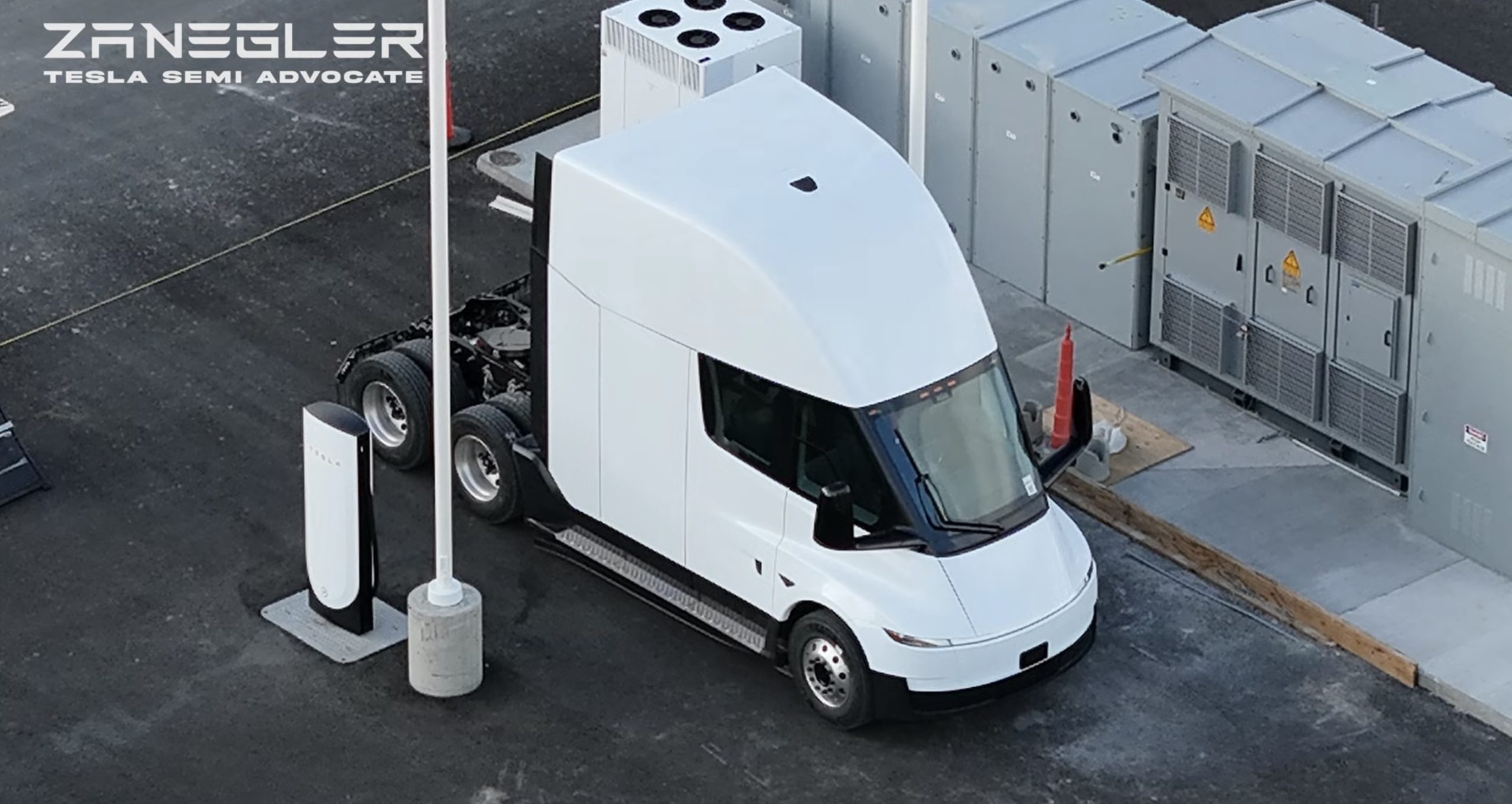
Tesla appears to be expanding its Commercial Charging efforts in Central Europe. The job opening was highlighted by David Forer, Senior Project Developer for Charging at Tesla, on LinkedIn.
In a post on LinkedIn, Forer stated that Tesla is looking for a “high-energy executer to own Commercial Charging Sales in Central Europe.” He added that the role will involve closing commercial deals across Tesla’s “entire product range (Supercharging & Megacharging).”
The job listing specifies that the hire will lead the sale of Tesla’s high-power charging products, including Supercharger and Heavy Duty Charging, to major partners such as charge point operators, real estate owners, and retail companies. The role requires fluency in German and English and is based onsite in Munich.
Tesla already operates more than 75,000 Superchargers globally, though the Semi’s Megacharger network is still in its early stages. The inclusion of Heavy Duty Charging in the job description is notable, then, as it aligns with Tesla’s Megacharger infrastructure, which is designed to support the Tesla Semi.
Tesla CEO Elon Musk recently confirmed that the Tesla Semi is moving into high-volume production this 2026. In a post on X, Musk noted that “Tesla Semi starts high volume production this year.”
Aerial footage of the Tesla Semi Factory near Giga Nevada also shows that the facility looks nearly complete, with work now underway inside the facility.
Tesla has also refreshed the Semi lineup on its official website, listing two variants: Standard and Long Range. The Standard trim offers up to 325 miles of range with an energy consumption rating of 1.7 kWh per mile, while the Long Range version provides up to 500 miles.
Both variants support fast charging and can recover up to 60% of range in 30 minutes using compatible infrastructure such as the Megacharger Network.
The presence of Heavy Duty Charging in a Central Europe-focused sales role could indicate that Tesla is preparing charging infrastructure ahead of wider Semi deployment in the region. While Tesla has not formally announced a European launch timeline for the Semi, the vehicle, particularly its range, makes it an ideal fit for the area.
